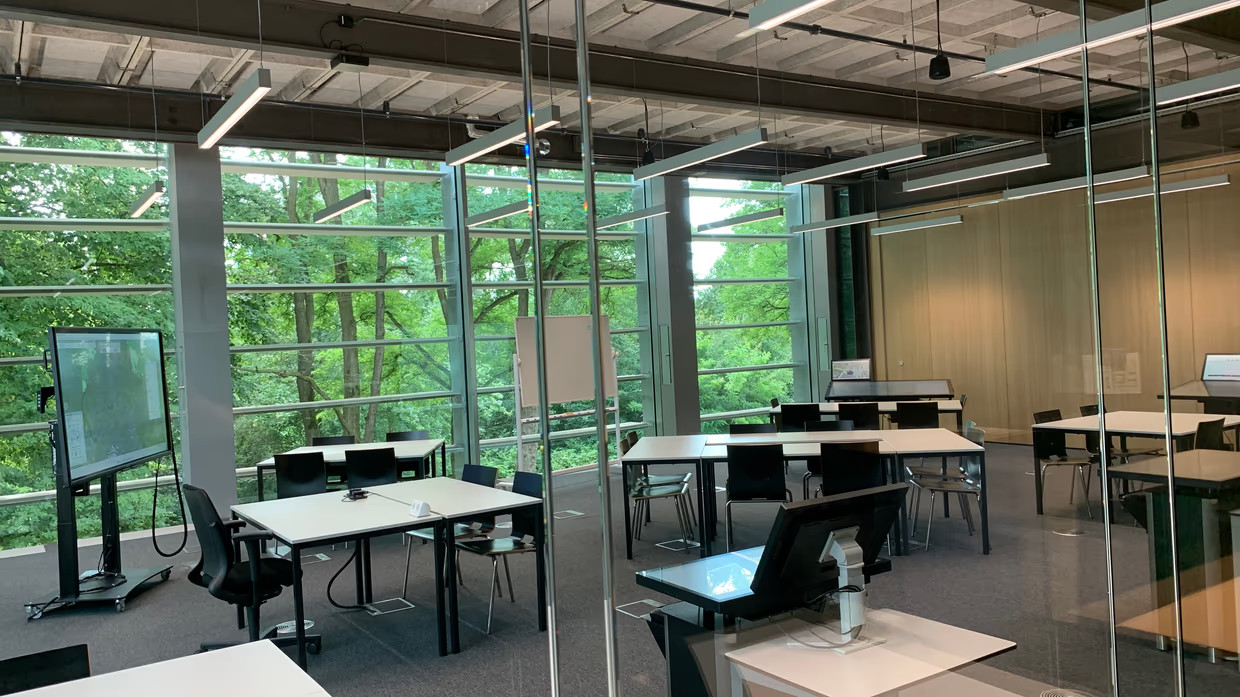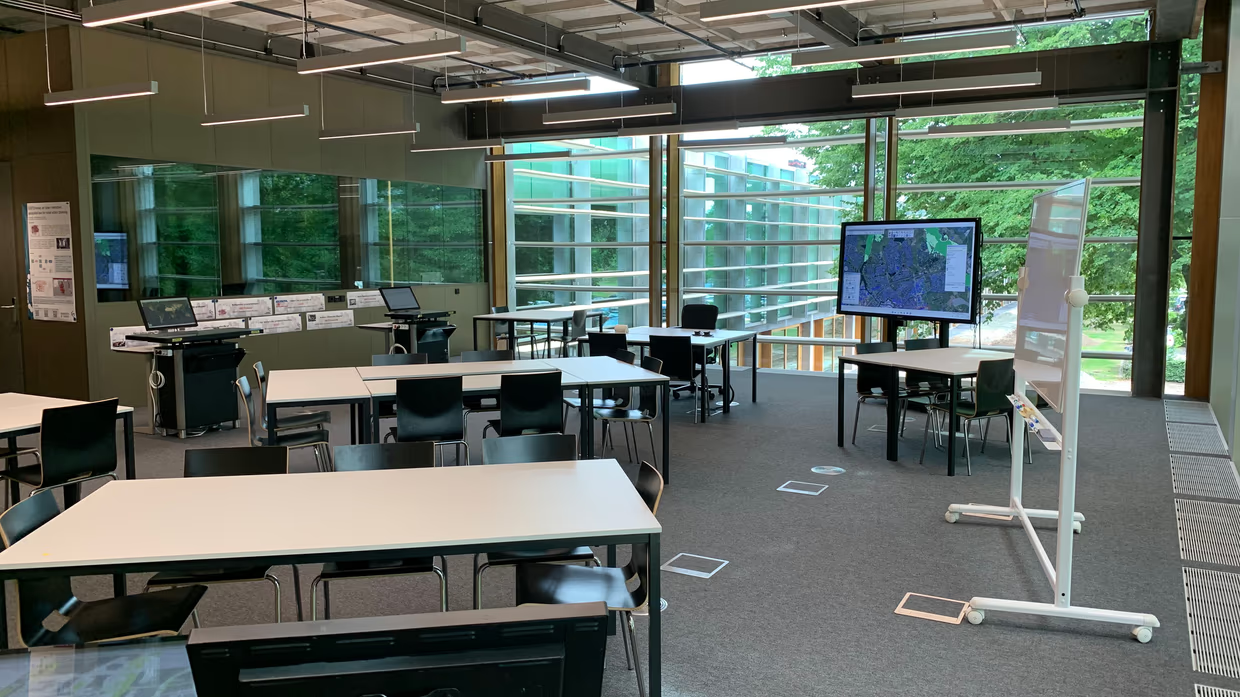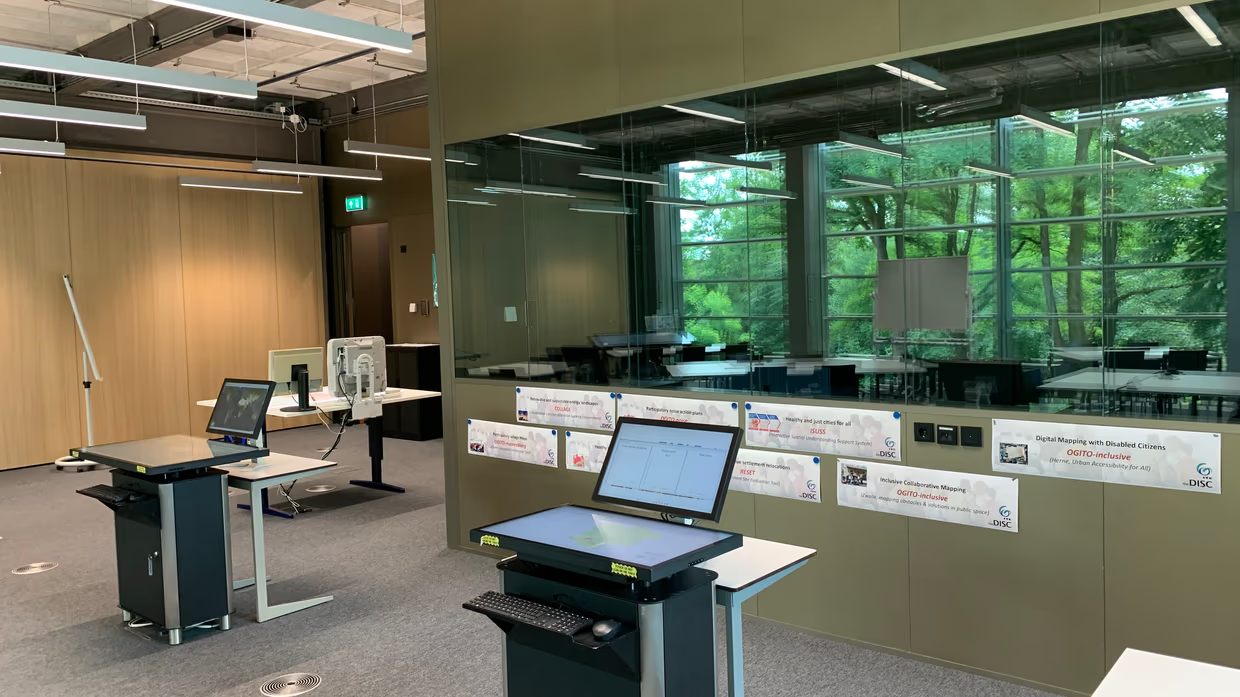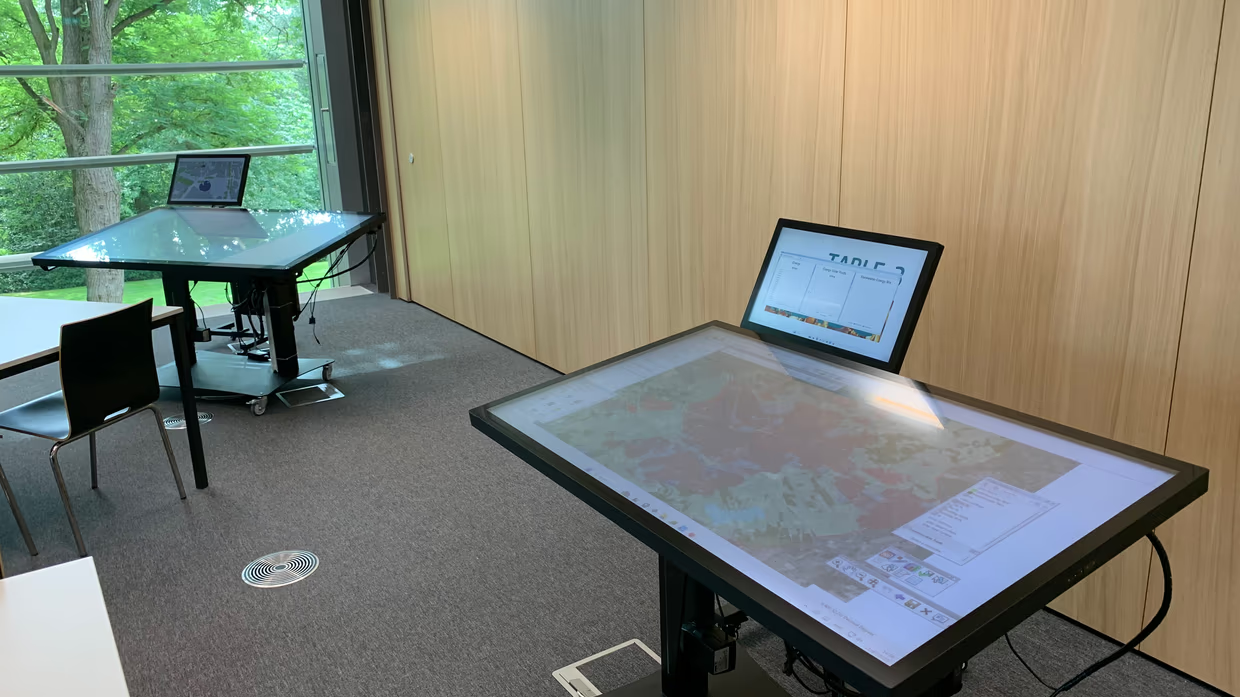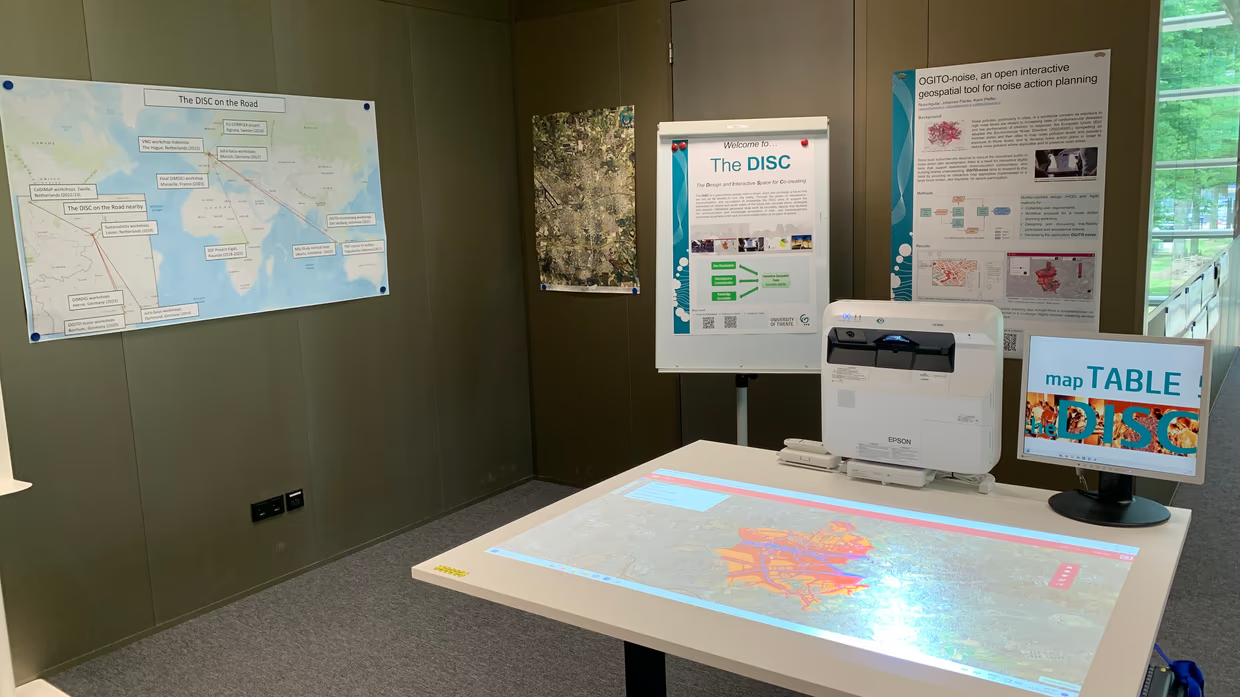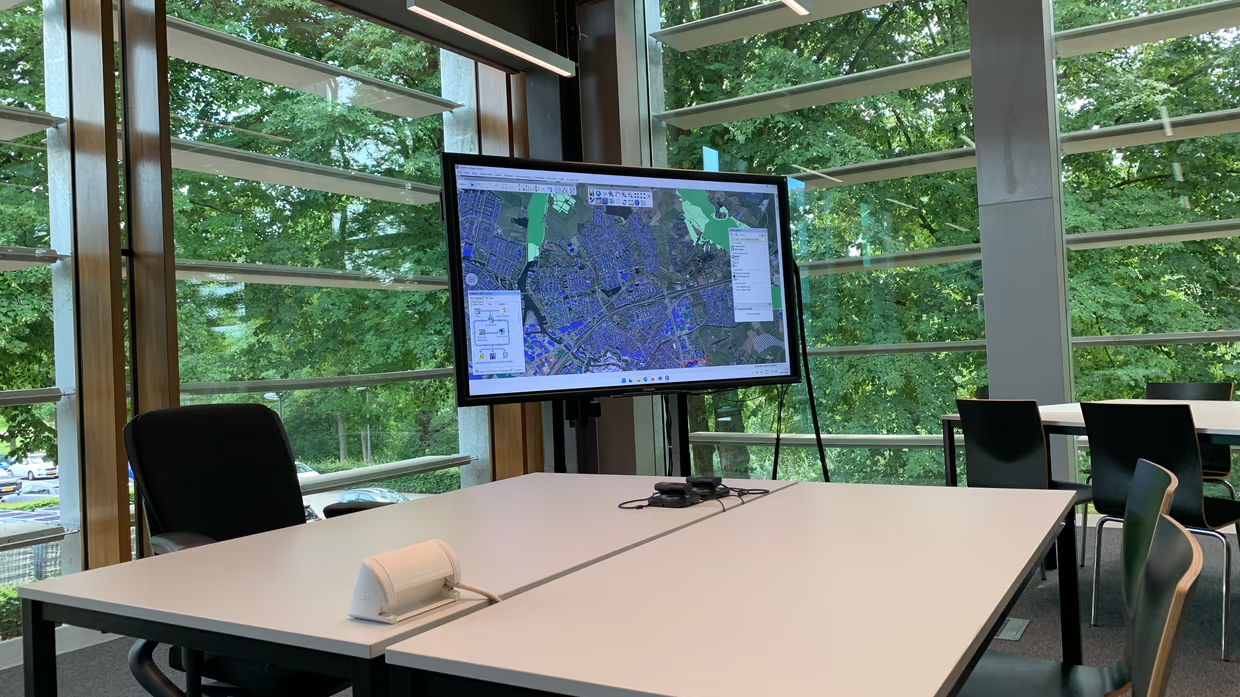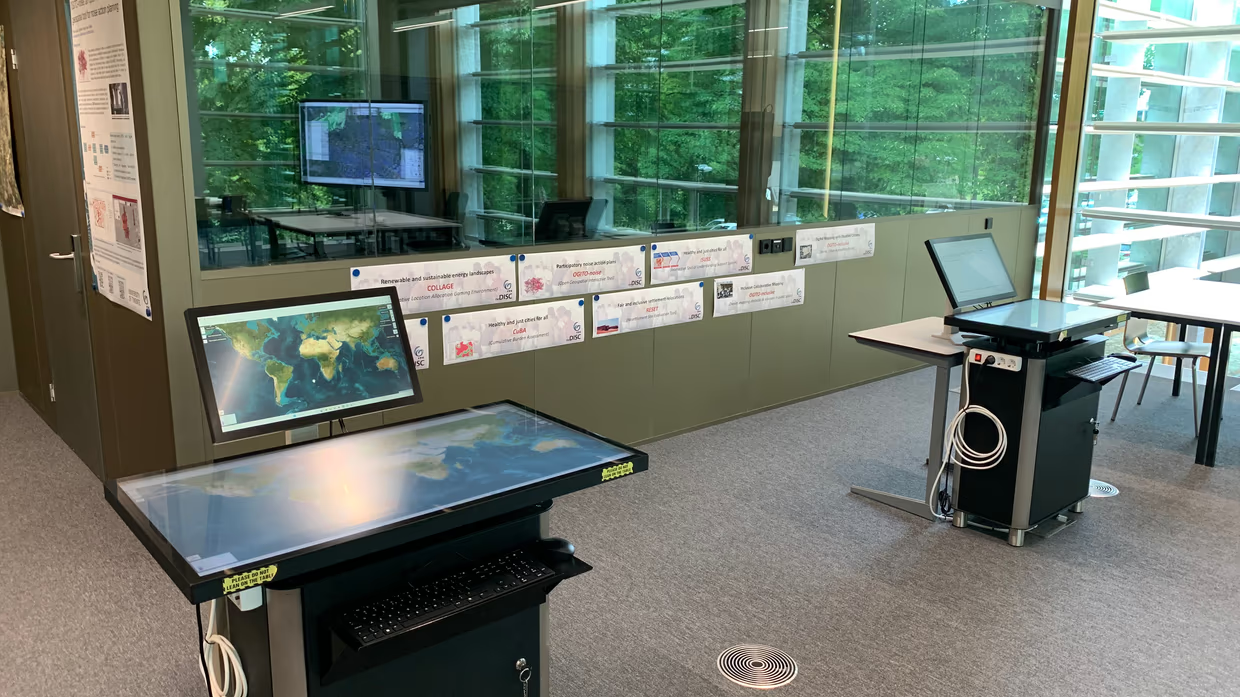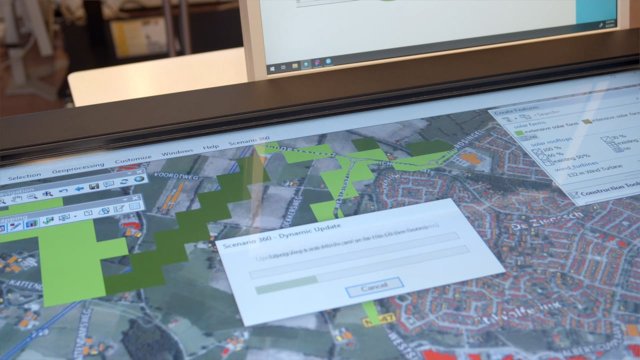THE DISC
The DISC (Design and Interactive Space for Co-creating) at the UT is a place where people meet to share their knowledge and perspectives, learn about contemporary challenges and co-design a future that we can all be excited to turn into reality. Through the power of spatial visualisation, communication, and co-creation of knowledge the DISC aims to support the translation of visions and world views of the future into concrete strategies, plans, and designs. Interactive geospatial tools work as boundary objects that facilitate the communication and knowledge co-creation in inter- and transdisciplinary processes to achieve a fair and inclusive collaboration of all parts of society.
In the DISC we conduct collaborative research and planning processes addressing wicked societal challenges such as energy transition, climate adaptation, disaster risk management, or healthy urban development. Together with academic and societal co-researchers we develop and apply digital tools that support spatial planning and decision-making through an inclusive and intersectional approach while paying attention to universal design principles. The DISC advocates user-friendly and useful open-source tools to support active stakeholder engagement and collaboration on a level playing field, particularly giving voice to marginalized groups of societies that are often not heard. Integrating cutting-edge digital technologies (AI, 3D, Digital Twins) into user-friendly and useful collaborative tools results in key enabling methodologies (KEMs) that enable new partnerships for sustainable urban transitions.

WORKSHOPS
The Design and Interactive Space for Co-creating have been operational since 2010, serving various courses and programmes at ITC, as well as supporting different external projects for local and international partners. The room is also used in short or tailor-made courses on spatial scenario development and analysis, collaborative decision making, or environmental impact analysis. For details on the various courses offered by ITC please see the ITC course finder or contact staff of The Design and Interactive Space for Co-creating lab.
There are 5 different touch screen surfaces of various sizes and capabilities available in the room for participants to make use of. There is also an interactive whiteboard that can be used for group discussions and presentations. The interactive portion of the room can host up to twenty participants, however, for larger audiences, the room can be enlarged through incorporation of the adjacent lecture room.
Some elements of The DISC can be transported for use at other locations and even abroad to form a mobile DISC. Two of the DISC touch tables can be disassembled and transported as a portable version. For abroad applications, there are two smaller touchscreens available. If you are interested in booking The DISC for your project, company, government, or local group please contact Johannes Flacke or Cheryl de Boer.
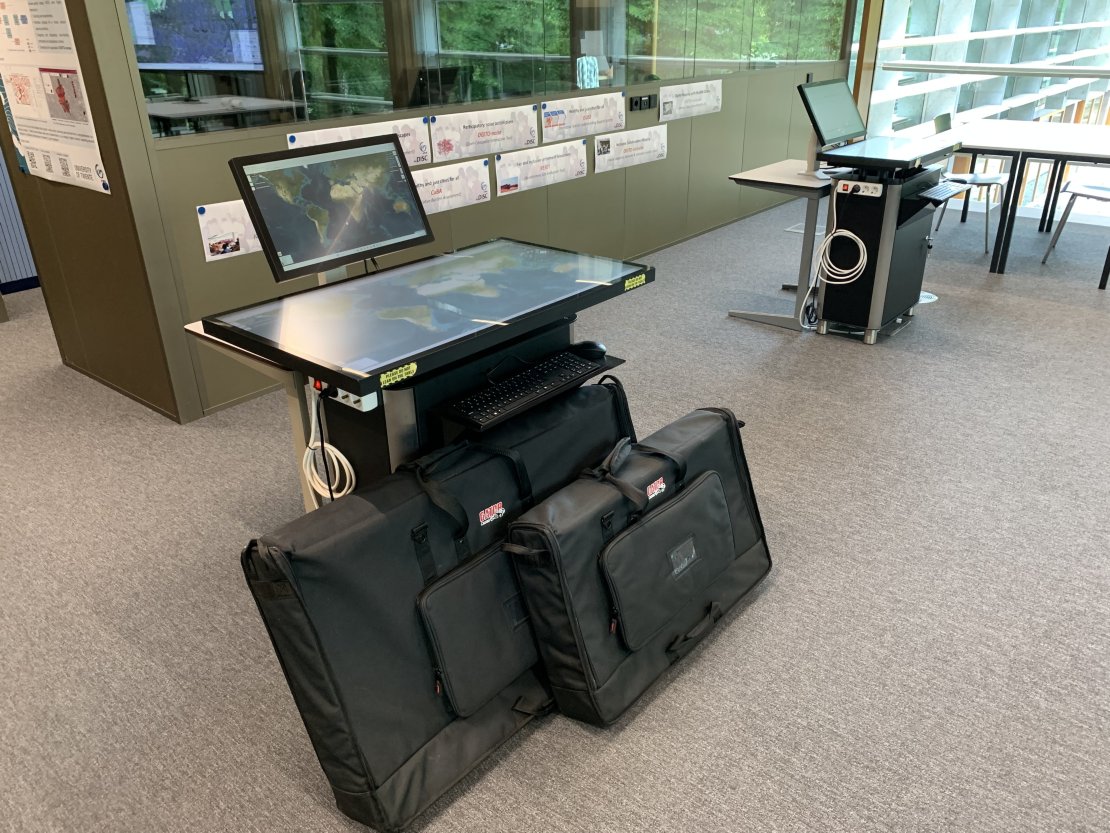
Together we can discuss how The DISC can be used to support your spatial discussions in collaboration with our in-house expertise! Below there are various examples of how The DISC team has partnered with different types of groups across the world!
NOORD OOST TWENTE WORKSHOPS
Beginning in 2017 researchers from ITC have been collaborating with the region of Noord Post Twente towards the development of various interactive experiences for citizens to become more engaged in the renewable energy developments in their municipality. Following a very successful workshop in Losser with the local senior’s organisation (CUSO), a smaller group of people volunteered to help ITC researchers in the further development of the COLLAGE model. Together the groups have submitted various proposals for further research and look forward to working together further in the future when opportunities are available.

MODELS & TOOLS
COLLAGE
An increasing number of regional and local groups are striving to reduce their reliance on carbon polluting fuels and reducing their overall dependency on foreign energy sources. This results in new challenges related to the strategic placement of Renewable Energy Landscape Features such as Wind Turbines and Solar Panels. In order to help communities collect information related to various implementation scenarios, we have developed an interactive mapping game (COLLAGE – Collaborative Location and Allocation Gaming Environment) that supports discussion and negotiation about the pros and cons of different paths to a larger supply of local renewable energy. These discussions are supported by local technical, economic and social knowledge provided by the workshop staff and by the participants. In this way, we co-develop the knowledge needed to help support local pathways to a lower-carbon economy. This tool was developed through the EU FP7 funded research project: COMPLEX. If you would like information on this research, or about how we can support your local energy initiative please contact us directly.
OGITO
We have developed an Open Geospatial Interactive Tool (OGITO) to support collaborative spatial planning processes with a maptable. To develop such open-source software tool, we combined human-centred design and Agile software development principles in a co-design effort with intended users and stakeholders. Through iterative development cycles and feedback from users, OGITO was evolved until it satisfied user expectations. In a case study on community mapping in Sumatra, Indonesia, a sample of users evaluated OGITO's usability. They reported high satisfaction with OGITO for the tasks and context given. Our research shows the added value of iterative development and user feedback for improving and further development of the tool's usability and functionality.
NEWS
Under the NWO Program ‘Societal aspects of the regional energy transition (MARET)' ITC has won a 2-year project, together with 2 other UT faculties (BMS and ET). This project is titled: Regional Transition as Systemic Integration (RETSI).
PROJECTS
JUFO SALUS (2012-2015)
 Quote Jufo Salus website "In addition to the analysis of urban structures and processes explaining social inequalities in environment and health, the focus of this project is the development of strategies that make a city a healthy place to live in. Furthermore the two topics of urban planning and of public health are being intertwined. Based on a transdisciplinary approach, a dialogue and close interaction in research with the practice partners from the cities of Dortmund and Munich is planned to take place. In addition, the project pursues the advancement of the Healthy Cities Network concept “Healthy City! Healthy Life” to the slogan:” Healthy Cities for All!”."
Quote Jufo Salus website "In addition to the analysis of urban structures and processes explaining social inequalities in environment and health, the focus of this project is the development of strategies that make a city a healthy place to live in. Furthermore the two topics of urban planning and of public health are being intertwined. Based on a transdisciplinary approach, a dialogue and close interaction in research with the practice partners from the cities of Dortmund and Munich is planned to take place. In addition, the project pursues the advancement of the Healthy Cities Network concept “Healthy City! Healthy Life” to the slogan:” Healthy Cities for All!”."
COMPLEX (2012-2016)

COMPLEX is an EU funded project that has brought an international team of 17 partners across 11 European countries together to explore new energy technologies, new ways of using landscapes and new policy instruments to support the transition towards a low carbon society by 2050. One of the project aims is to integrate the knowledge of many stakeholder communities, for example in respect of land-use change driven by carbon-related technologies. Other problem areas include energy, agriculture, forestry and infrastructure. Scientists undertook case studies in Norway, Sweden, Netherlands, Spain and Italy based on models of climate change and carbon emission and will develop a suite of modelling tools and decision-support systems and support communities across Europe working to complete the transition to a low-carbon economy by 2050. This transition will involve irreversible step-changes in the cultural, economic and natural domains, with different socio-economic configurations. Our task is to help policymakers facilitate change without compromising cultural and natural life-support systems. This work will be done through a range of research activities exploring the relationship between culture, models, human behaviour, space-time scales and the economics of carbon emission in a complex world.
The University of Twente contributed to this project by researching the impact of local energy developments on the achievement of overall carbon reduction efforts. This resulted in the development of the COLLAGE tool (Collaborative Location and Allocation Gaming Environment). With this tool, we were able to collect information on actors perceptions, motivations and information related to renewable energy development in a particular location. COLLAGE was also useful in supporting co-learning about the development of renewable energy development across people interacting with COLLAGE as a supporting software. You can see more information about COLLAGE here. (Add link COLLAGE info). The official COMPLEX webpage with all the partner links can be found at:
TES TWENTE (2017-2018)
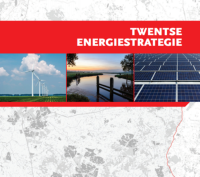
The Twentse Energy Strategy was developed between 2017/2018 through collaboration by 12 different Twente municipalities. The purpose was to determine what the municipalities could collectively accomplish in order to achieve an energy-neutral Twente. The 12 different municipalities have very different abilities to develop renewable energy depending on the level of urbanisation, presence of natural areas and various zoning restrictions. In order to support their collective negotiations, researchers from ITC developed a Twente specific COLLAGE model that could be used to collect input on renewable energy development from stakeholders across all the different municipalities. The results would be used to see the most appropriate/inappropriate places for different types of renewable energy development in the region according to social, geographical and technological factors. The final result can be found at:
ENSCHEDE WEKT OP (2018-2019)
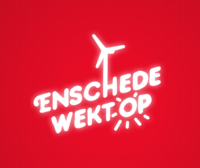
In order to achieve its renewable energy targets, the Municipality of Enschede started the Enschede Wekt Op campaign (Enschede Produces Power). Among various activities, the municipality engaged with researchers at ITC in order to develop an understanding of the community perspectives on renewable energy development and to communicate the different potentials for renewable energy development to its citizens. ITC researchers performed a series of stakeholder workshops (some at the Spatial Collaboration for Innovative Planning lab and others at a specific location in the city) where participants could come and interact with the COLLAGE model which was designed to show the various opportunities and restrictions for renewable energy in the city.
HOW CAN OUR DRINKING WATER SUPPLY IN TWENTE BE SECURED (2024)

ITC-PGM team develops interactive dashboard on sustainable drinking water management for Vitens
The Twente region is one of several regions in the Netherlands where immediate action is needed to ensure sufficient drinking water in the face of rising demand and frequent droughts. To facilitate the planning of measures to address this challenge, the water supply company Vitens is working with the UT Climate Centre and a team of researchers from the Department of Urban and Regional Planning and Geo-Information Management (PGM/ITC) to help out. The team has developed Vitalens 1.0, an interactive dashboard tool for sustainable drinking water management for Vitens. The purpose of the tool is to support a dialogue on strategies to balance drinking water supply and demand by 2035, by calculating the impacts of various potential measures. The tool visualizes the current and possible future drinking water supply and demand in the Twente Region.
Users can compare e.g. different scenarios of water demand based on population growth and small business needs and explore the potential effects of different measures. They can also modify the amount of water extracted at certain wells and the water imported into the region or introduce smart meters to encourage reduced drinking water consumption by residents. The tool (see image below) calculates the effects of the chosen measures on the security of water supplies, investment and operational costs, and environmental impacts such as CO2 emissions and drought effects, and displays restrictions on access to supplies in areas that are especially vulnerable to the effects of drought such as nature reserves. Users can explore detailed information about areas where extraction of water is permitted and other spatial data to further inform their choices. More information: Johannes Flacke (j.flacke@utwente.nl )
PHD PROJECTS
PUBLICATIONS
CONTACT & STAFF
For booking The DISC please invite/mail Gdr-ITC@utwente.nl or contact Roel Bossink.
For project requests, access, equipment, or laboratory support, please complete the Contact Form below.


